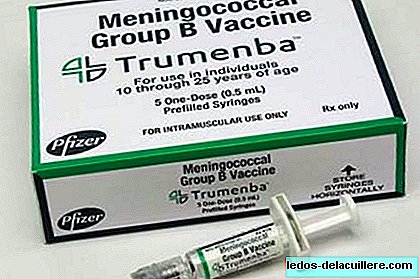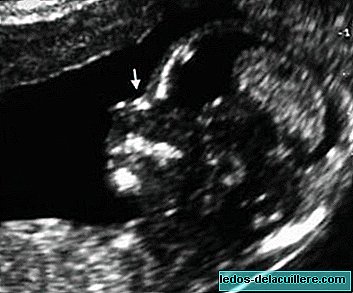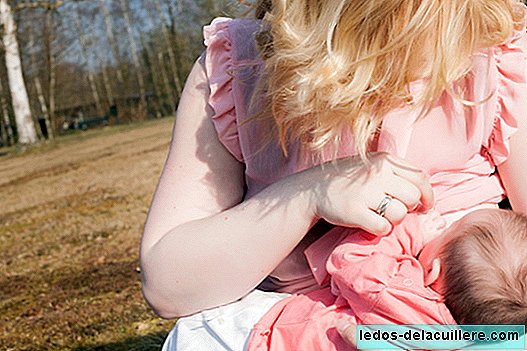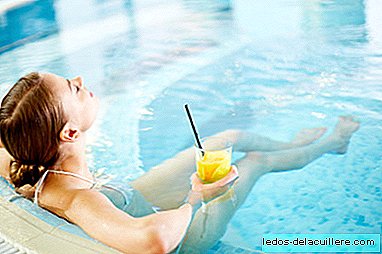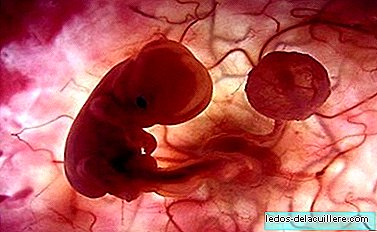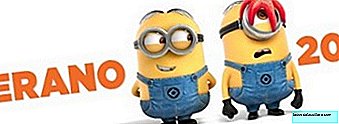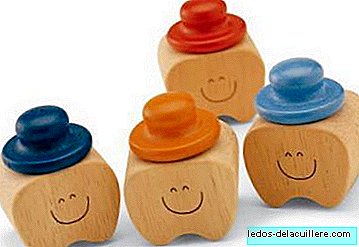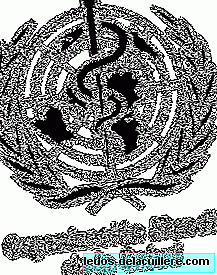
There are many reasons why in 50 years the main source of food for babies, breastfeeding, has been replaced by a lower quality, less healthy diet that also costs money, called artificial lactation.
Among them we can find the changes in hospital protocols in which inappropriate practices such as mother-baby separation, schedules or the attempt of unnecessary asepsis were promoted (they put sterile gauze on the breasts of women, they washed their breasts before and after of each shot and the babies were brought only to breastfeed for a certain time).
Other reasons have been (and still are) work, beliefs and above all a deceptive advertising by manufacturers of milk that came to have a slogan as original as false: "Give your son the best milk. Milk X" or "Doctor X recommends a diet based exclusively on Milk X"…
After several years and studies, seeing that artificial milk produced health problems that were avoided with breast milk and seeing that mortality was higher, WHO decided to write an International Code that would look after the interests of mothers and avoid the use of deceptive and manipulative advertising by the companies producing artificial milk. Summary of The Code (you can read it here):
- It applies to all breast milk substitutes, including unsuitable ones (such as juices and infusions), and to bottles and teats.
- Prohibits the distribution of samples or gifts to mothers, families or health care professionals.
- It prohibits manufacturers from distributing educational material (brochures, books, videos ...), unless the health authorities have previously requested it in writing; even then it limits the content of such materials since it requires that all informative material defend breastfeeding, warn about bottle feeding and that it does not contain images of infants or text that idealizes the use of breast milk substitutes.
- Promotion is not allowed of products in the Health services, that is, no exhibition of products, posters, stands or distribution of other promotional products. The access of personnel of the manufacturing companies of said products to Health Services is not allowed.
- Prohibits free supplies, offers or discounts from breast milk substitutes.
- Authorizes health care professionals to receive samples, but only for research purposes as well as only objective and scientific information about it.
- Prohibits sales incentives for breast milk substitutes and direct contact with mothers.
- It requires that labels inform in detail about the correct use of the infant formula and the risks of improper use and prohibits the use of the terms maternized or humanized. It requires that labels do not discourage breastfeeding.
In Spain, Royal Decree 867/2008 is applicable, which includes most of the provisions of the code but does not apply to continuation milk (type 2 milks) or bottles and teats.
The Code also says that products can only be donated for emergency relief operations and only to those infants who need to be fed breast milk substitutes. In that case, donations should continue for as long as affected infants need them.
Therefore, if you receive samples of Artificial Breastfeeding at your Primary Care Center, Hospital or Pharmacy, they are committing an irregularity or they consider that your children must be fed with substitutes for a cause of force majeure. If they consider it that way, we can demand that they give us samples for as long as our children need it.
If in your health center they give samples, they have posters or visible sites with the samples they are committing an irregularity again, because they are indirectly advertising those products.
If you want to make a formal claim there are sample letters for complaint in Lacmat.


